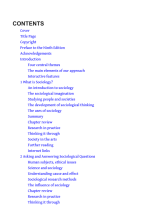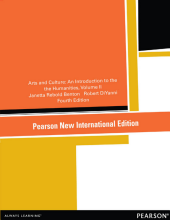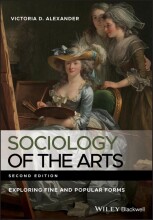Globalization and Social Change - Early societies and civilizations
7 important questions on Globalization and Social Change - Early societies and civilizations
Describe the four types of pre-modern human societies:
- Hunting and Gathering societies.
- Agrarian societies.
- Pastoral societies.
- Traditional societies or civilizations.
How would you describe a Hunter-Gatherers society?
- Pre-Modern human society
- 50,000 BCE - present day, but today on the verge of disappearance.
- Small numbers gaining a livelihood from hunting, fishing and gathering edible plants.
- Few inequalities, differences in rank limited by age and gender.
How would you describe Agrarian societies?
- Pre-Modern human society.
- 12,000 BCE - present, but today losing their distinct identity, because they're part of larger political entities.
- Small rural communities without towns/cities that gain a livelihood through agriculture, often supplementing by hunting and gathering.
- More inequality than Hunting/gathering, ruled by chiefs.
- Higher grades + faster learning
- Never study anything twice
- 100% sure, 100% understanding
What are the characteristics of a Pastoral society?
- Pre-Modern society.
- 12,000 BCE - present, but today mostly part of larger states as traditional ways of life are being undermined.
- Few hundred people to many thousands, gaining a livelihood by tending domesticated animals.
- Distinct inequalities, ruled by chiefs or warrior kings.
What are the characteristics of the pre-Modern societies we call 'traditional societies or civilizations?'
- 6,000 BCE- 19th century.
- Large population where some cities exist, in which trade and manufacture are concentrated, but the majority works in agriculture.
- Major inequalities between different classes, distinct government apparatus headed by a king or emperor.
When do we describe a society as a civilization?
- When a society is based on the development of cities, where they used writing, science and art flourished.
Most traditional civilizations were also empires.
When can we describe a civilization as an empire?
- When a traditional civilization expanded through the conquest and incorporation of other peoples.
The question on the page originate from the summary of the following study material:
- A unique study and practice tool
- Never study anything twice again
- Get the grades you hope for
- 100% sure, 100% understanding































